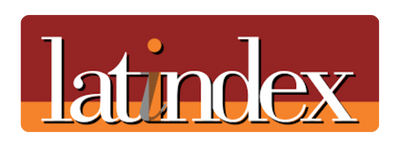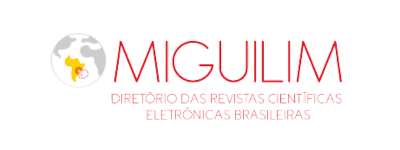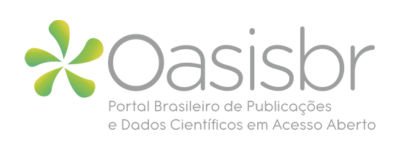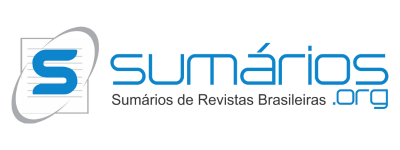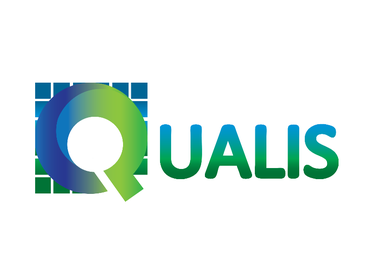DEIA POLICY – DIVERSITY, EQUITY, INCLUSION, AND ACCESSIBILITY
DEIA POLICY – DIVERSITY, EQUITY, INCLUSION, AND ACCESSIBILITY
The Journal of Interdisciplinary Studies is committed to the principles of Diversity, Equity, Inclusion, and Accessibility (DEIA), aligning itself with the best national and international editorial practices. This policy was formally implemented with the aim of promoting ethical, plural, democratic, and representative science at every stage of the editorial process.
Institutional commitment
The adherence to DEIA principles is publicly expressed on the journal's institutional page, which clearly outlines our editorial practices to ensure an inclusive, fair, and accessible publication process for all involved.
Instructions for authors
-
Authors are encouraged to use inclusive and non-discriminatory language, respecting gender, ethnicity, disability, sexual orientation, gender identity, and other social markers of difference;
-
The journal will not accept articles that contain offensive or discriminatory terms or that reproduce negative stereotypes;
-
Where applicable, the presentation of data disaggregated by sex, gender, race/ethnicity, or other indicators is recommended, with analyses sensitive to social inequalities;
-
We encourage the submission of studies that address historically marginalized populations, fostering a plurality of perspectives and knowledges in scientific production.
Diversity in the editorial and peer review teams
-
The journal seeks to promote representation in terms of gender, race, region, institutions, and academic fields within its editorial board, scientific committee, and ad hoc reviewers;
-
We aim to ensure that at least 40% of editorial and reviewer members are from historically underrepresented groups;
-
We value institutional diversity, including researchers from different regions, ethnic backgrounds, and public or community institutions.
Peer review and evaluation
-
Reviewers are instructed to consider diversity and inclusion criteria when evaluating manuscripts, noting the absence of critical perspectives on social markers, where relevant;
-
Cases of discriminatory language or the exclusion of relevant groups should be flagged in the review as part of ethical and editorial recommendations.
Accessibility
-
The journal’s website complies with international digital accessibility standards (WCAG 2.1), ensuring keyboard navigation, screen reader compatibility, and appropriate color contrast;
-
Content is made available in accessible formats whenever possible, such as HTML and ePub, in addition to the standard PDF;
-
Multimedia materials (such as videos or presentations) should include subtitles, transcripts, and alternative descriptions to ensure understanding by all audiences.
Editorial team training
-
The journal promotes ongoing training for its editorial team and reviewers on editorial ethics, unconscious bias, inclusive language, and impartial evaluation;
-
Participation in workshops, webinars, and courses offered by entities such as COPE, ABEC, and C4DISC is encouraged;
-
New editorial team members receive specific guidance on DEIA principles and their application in the editorial workflow.
Thematic calls and editorial lines
The Journal of Interdisciplinary Studies encourages submissions and the organization of thematic dossiers addressing:
-
Social justice and human rights
-
Gender equity
-
Traditional peoples and plural knowledges
-
Health, education, and labor in vulnerable contexts
-
Intersectionality and critical epistemologies
Monitoring and transparency
The journal will periodically publish reports with diversity indicators, such as:
-
Author and reviewer profiles
-
Average review time
-
Regional and institutional representation
-
Accessibility of the website and content
These actions contribute to editorial transparency and credibility, strengthening the journal's alignment with Open and inclusive Science.
References and institutional alignment
This policy is aligned with the guidelines of COPE (Committee on Publication Ethics), C4DISC (Coalition for Diversity and Inclusion in Scholarly Communications), ABEC Brazil, and the SAGER Guidelines on sex and gender equity in research and scientific publishing.
REFERENCE
COPE. Committee on Publication Ethics. Diversidade, equidade, inclusão e acessibilidade: objetivo do COPE. Hampshire, Inglaterra, 15 fev. 2025. Disponível em: https://publicationethics.org/news-opinion/deia-goal. Acesso em: 04 mar. 2025.
COPE. Committee on Publication Ethics. Diversidade, equidade, inclusão e acessibilidade: comentários do COPE. Hampshire, Inglaterra, 15 set. 2023. Disponível em: https://publicationethics.org/news-opinion/diversity-equity-inclusivity-and-accessibility-cope-commentary. Acesso em: 04 mar. 2025.
ABEC. Associação Brasileira de Editores Científicos. Espaço DEIA. São Paulo, [s.d.]. Disponível em: https://www1.abecbrasil.org.br/deia/. Acesso em: 07 mar. 2025.
SCIELO. Scientific Electronic Library Online. Declaração em apoio à Ciência Aberta com IDEIA: impacto, diversidade, equidade, inclusão e acessibilidade. [S.l.], 25 set. 2023. Disponível em: https://25.scielo.org/declaracao-ideia/. Acesso em: 07 mar. 2025.

